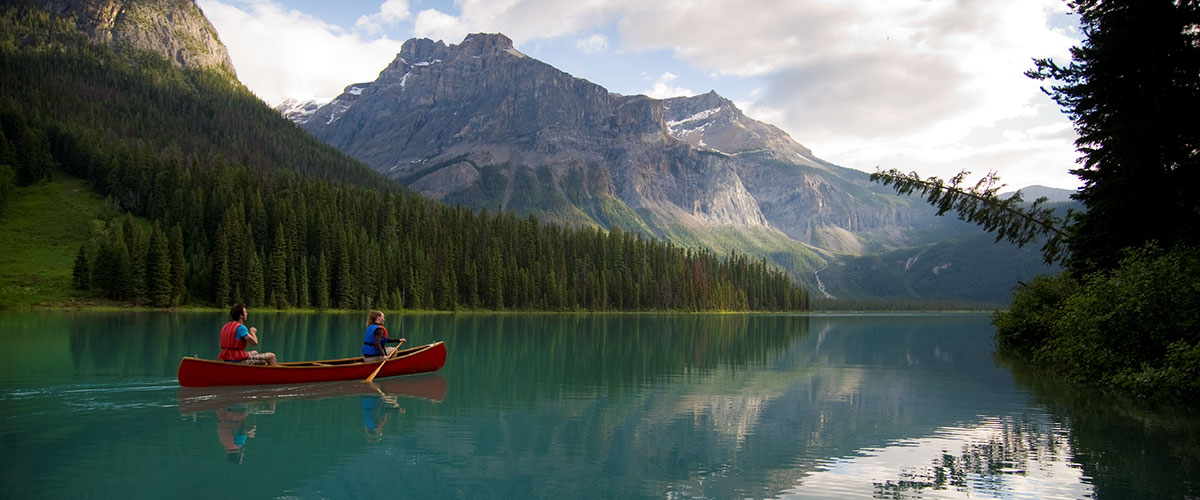Pacific Rim National Park Reserve
The best-known hike in this park is the epic, 75-km (46-mi) West Coast Trail, but for those with less time and experience, Schooner Cove Trail—part of the park’s Long Beach Unit—is an excellent option. This section of Pacific Rim features approximately 22 km (14 mi) of sandy beaches, backed by thick coastal rainforest. Located between the communities of Tofino and Ucluelet on Vancouver Island‘s rugged west coast, trails in the Long Beach area are easily accessible and are relatively short.
Schooner Cove Trail follows a twisting wooden boardwalk through stands of cedar, hemlock, and Sitka spruce to Schooner Cove beach. Listen for the ocean as you approach miles and miles of sand perfect for exploring tidal pools at low tide. Access to Schooner Cove Trail can be cut off at high tide, so pay attention to water levels. As the park is very busy in the summer months and it can be a challenge to find parking, try visiting early in the morning or a couple of hours before sunset.
Visit Pacific Rim





